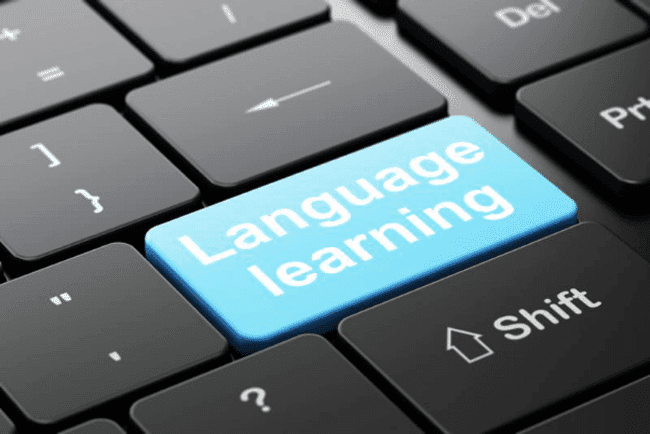Stage 1: Learn the Correct Pronunciation of The Language
- Time: 1-2 weeks (or longer for languages that have a new alphabet that will take some time to get comfortable with).
- There are a few routes to learn pronunciation.
- Learn the International Phonetic Alphabet (IPA) for the English language first.
20
150 reads
CURATED FROM
IDEAS CURATED BY
Learn new languages faster.
“
The idea is part of this collection:
Learn more about education with this collection
Cultivating a growth mindset and embracing challenges
Developing adaptive thinking and problem-solving skills
Effective learning frameworks and approaches
Related collections
Similar ideas to Stage 1: Learn the Correct Pronunciation of The Language
The hardest language to learn
People often think that languages like Russian, Arabic or Japanese are harder to learn, but it is subjective.
Words from different languages have the same etymological origin, such as 'brother' in English and 'Bruder' in German. But languages with different phonetics will be harder to lear...
Language And The Way We Think
Language is a literal and linguistic tool that many believe is a fundamental basis of the way we think. Some have hypothesized (like the Sapir-Whorf Hypothesis) that many languages do not have room for certain thought patterns, and are able to alter our thoughts.
The underlyin...
The decline in language learning
There are three possible reasons why the ability to learn a language decreases at 18.
- Social changes: At 18, late teens typically graduate high school and may no longer have the time, opportunity or learning environment to study a second language.
- Interference: Th...
Read & Learn
20x Faster
without
deepstash
with
deepstash
with
deepstash
Personalized microlearning
—
100+ Learning Journeys
—
Access to 200,000+ ideas
—
Access to the mobile app
—
Unlimited idea saving
—
—
Unlimited history
—
—
Unlimited listening to ideas
—
—
Downloading & offline access
—
—
Supercharge your mind with one idea per day
Enter your email and spend 1 minute every day to learn something new.
I agree to receive email updates

